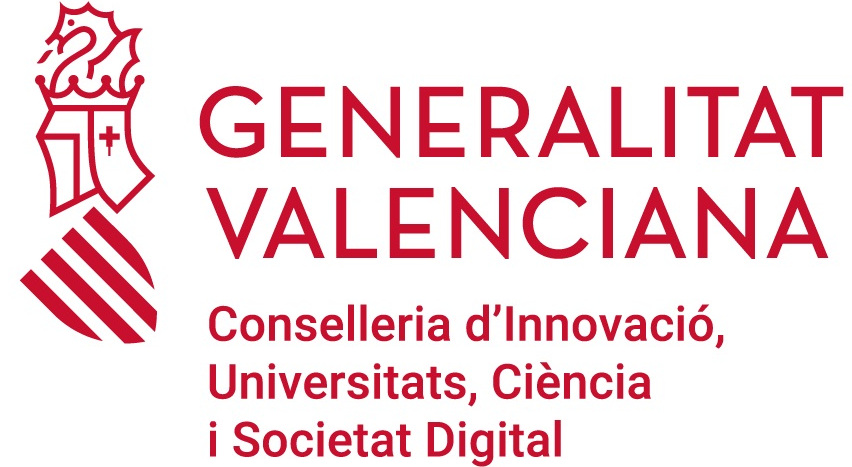The SAEe PhD School in Economics is a one-day event, that takes place on the day before the start of the Simposio de la Asociación Española de Economía (SAEe). It consists of a full day of lectures with prominent speakers who offer a broad perspective of their research areas. The School also features a session on early career advice for PhD students; on topics such as surviving the PhD, research presentations, choice of research topics, and the like. The first two editions of the SAEe PhD School took place in Alicante in 2019 and Barcelona in 2021.
The Spanish Economic Association and its Education Committee are happy to introduce the third SAEe PhD School in Economics. The School, a one-day event, will take place on the day before the start of the Simposio de la Asociación Española de Economía (SAEe) on Wednesday, December 14th at the University of Valencia. The lectures will be given by Christopher Rauh (University of Cambridge) and Michael Weber (University of Chicago Booth School of Business on the topic.
"How to Collect Your Own Survey Data? An Introduction to Methods and Practicalities"
The number of available places is limited. Applicants must submit their academic CV (which should include contact details of academic advisors or sponsors) by September 5th to phd.school.sea@gmail.com.
Admission to the school will be based on academic merit. Applicants with a paper accepted to be presented at SAEe will be given priority. Participants in the School must register to the SAEe conference. The Spanish Economic Association will award 20 fellowships for students participating in the school. The fellowships will cover the registration fees for the selected candidates. Admission to the school and awarded fellowships will be announced on September 20th, at the same time as decisions on submissions to the Simposio are made public.
A short description of the program follows:
The first session will cover how to elicit beliefs, set up a survey, deal with survey companies, and practicalities to keep in mind when collecting primary survey data. The course will discuss in detail how to elicit and analyze beliefs using hypothetical surveys and how to go about the implementation of a randomized information treatment. This session will also discuss tradeoffs involved in terms of survey length, complexity of survey questions, and scales to quantify beliefs.
The second session will discuss in detail how to elicit macroeconomic expectations with a special focus on inflation expectations of households. We will discuss the pros and cons of different question wordings, the advantages and challenges of eliciting expectations with full probability distributions, and how these subjective expectations can be linked to other variables of interest. We will also briefly touch on the growing literature on firms’ macroeconomic expectations.
Background:
Participants should have taken first-year master level courses in econometrics.
VENUE
Room 3P17 – Department of Economic Analysis
3rd Floor - School of Economics
Avda. de los Naranjos s/n
46022 - Valencia




